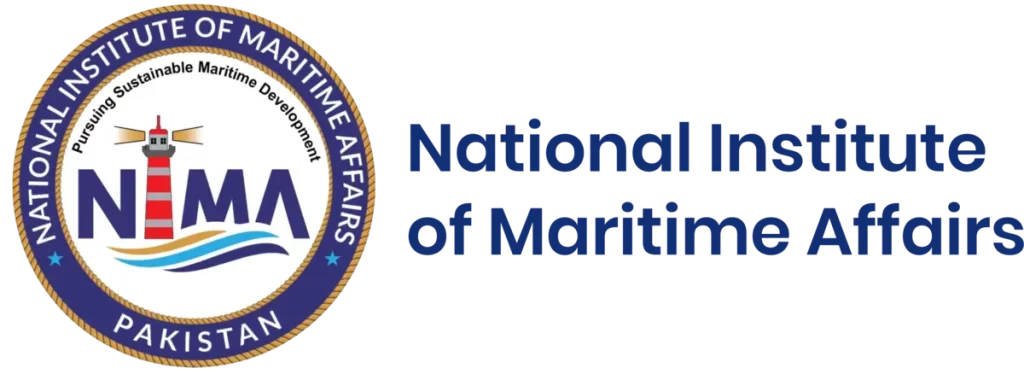Proposal for the Implementation of Framework for
Fishing Licensing with reference to Identification of Potential Fishing
Grounds/Zones in EEZ of Pakistan

ABSTRACT
This report delineates a framework for sustainable fisheries management and the formulation of an effective fishing license policy within Pakistan’s Exclusive Economic Zone (EEZ), which encompasses over 290,000 square kilometers. The nation’s coastline, extending 1,001 kilometers, and the recent expansion of the EEZ by 50,000 square kilometers, as sanctioned by the United Nations, underscore the substantial economic and ecological significance of this marine area. The marine fishing sector, involving over 1.4 million individuals, contributes significantly to the national economy. However, challenges such as identifying potential fishing zones and mitigating over-exploitation risks are prevalent. The study employs Geographic Information System (GIS) techniques to pinpoint potential fishing zones and validate sites through communication with fishermen and experts, facilitating the development of effective fisheries management strategies. Additionally, the study encompasses geospatial mapping of fish aggregation within Pakistan’s EEZ, essential for the formulation of national policies on fishing licensing and export strategies that bolster the economy without compromising marine resources.
The report recommends the establishment of a robust regulatory foundation, the definition of fishing license categories, specification of eligibility criteria, and the delineation of the application process. Furthermore, it advocates for the identification of potential fishing grounds, integration of conservation measures, enforcement of compliance, systematic collection and reporting of fishing-related data, stakeholder engagement, provision of capacity-building and training, consideration of international cooperation, and the institution of a mechanism for periodic review and adjustment of the framework.
The report recommends the establishment of a robust regulatory foundation, the definition of fishing license categories, specification of eligibility criteria, and the delineation of the application process. Furthermore, it advocates for the identification of potential fishing grounds, integration of conservation measures, enforcement of compliance, systematic collection and reporting of fishing-related data, stakeholder engagement, provision of capacity-building and training, consideration of international cooperation, and the institution of a mechanism for periodic review and adjustment of the framework.
- Request Copies
- Please contact us at: dnima@bahria.edu.pk
